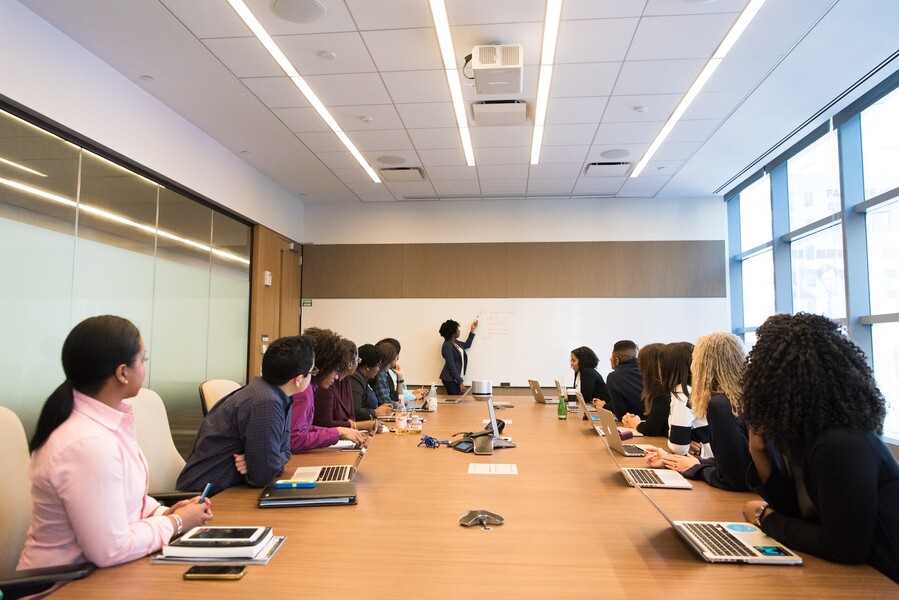Meetings are a staple of modern business culture. But are they actually doing more harm than good? In my experience, meetings are often toxic to productivity and creativity in the workplace. So here are some things to consider before scheduling your next meeting.
Meetings are a time and resource-intensive activity. They require people to stop what they’re doing, prepare for the meeting, and travel to the meeting location. This can take away from the time and energy they could spend on actual work. Moreover, with virtual meetings being the norm nowadays, the amount of time wasted in setting up the technology, waiting for attendees to join, and dealing with technical glitches has only increased.
Many meetings are called without a clear agenda or purpose or without considering whether the same goals could be accomplished more efficiently. This leads to wasted time and frustration. Instead, schedule meetings only when they are absolutely necessary and when there is a clear agenda and desired outcome with somebody to keep the meeting accountable.
In many meetings, a small group of people dominate the conversation, leaving others feeling unheard or marginalised. This can lead to resentment and disengagement. Therefore, it’s important for meeting facilitators to create an environment where all participants can contribute and feel heard. Moreover, it’s also important to recognise that some people may not be comfortable speaking up in large groups and offer alternative ways for them to participate.
Meetings often follow a predictable pattern and can discourage creative thinking. Participants may feel pressured to conform to the dominant ideas or may be afraid to speak up with unconventional or risky suggestions. To combat this, allow people to brainstorm and come up with ideas independently and then bring those ideas to a meeting for discussion and feedback.
Many people find meetings draining and may need time to recharge afterwards. This can lead to a cycle of low productivity and burnout. Consider alternatives to traditional meetings, like asynchronous communication, where people can contribute to discussions at their own pace and on their own schedule, or one-on-one meetings, which can be more efficient and personalised.
In conclusion, meetings have become a ubiquitous part of modern business culture. But, they can often be counterproductive and wasteful. Companies can improve productivity, engagement, and creativity in the workplace by being more selective about when and how meetings are scheduled and by considering alternatives to traditional meetings.
